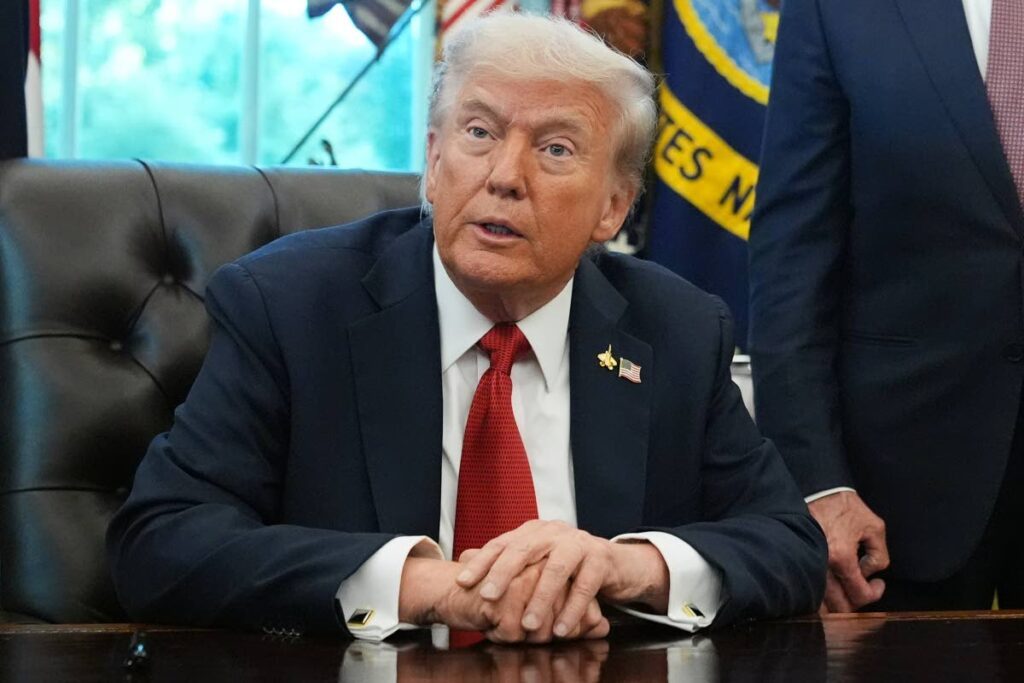In a significant policy reversal, the United States government has reinstated the Office of Foreign Assets Control (OFAC) license, permitting operations in Venezuelan waters to explore the Dragon and Manakin-Cocuina gas fields. This decision comes months after the license was initially revoked, marking a notable shift in the US approach to Venezuela. However, the timing of this move raises questions, given the escalating tensions between the Nicolás Maduro administration and the former US President Donald Trump’s government. Earlier this year, the Trump administration had placed a $50 million bounty on Maduro, further straining bilateral relations. The US military buildup in the region, widely perceived as an effort to oust Maduro, has created an unstable environment for business operations. Additionally, the hostile rhetoric exchanged between the governments of Trinidad and Tobago (TT) and Venezuela has further complicated the situation. Amid these challenges, the feasibility of accessing these hydrocarbon resources remains uncertain. The reinstatement of the license prompts a critical question: Is it more detrimental to lack an operating license or to possess one that cannot be utilized effectively?
